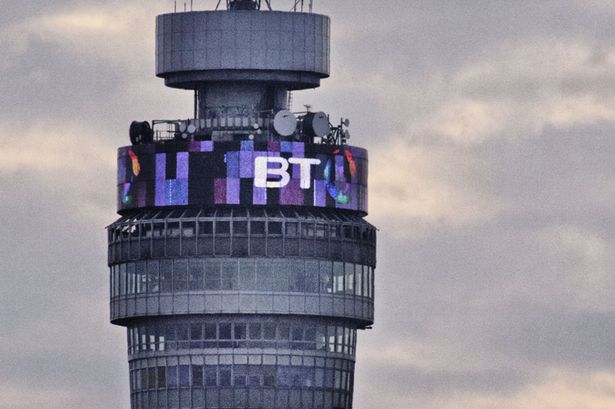MPs Tell BT To Up Broadband Investment Or Face Openreach Separation

DCMS select committee says BT is not spending enough on broadband infrastructure and Openreach service levels are suffering
BT has rejected claims it is underinvesting in Openreach after MPs claimed there was a shortfall of “hundreds of millions of pounds” as the company used the open access network division to subsidise expansion into high risk areas, such as premium sports television.
The Department for Culture Media and Sport (DCMS) select committee’s report alleges BT exploits its ownership of Openreach to benefit the wider group, to the detriment of service levels and third parties such as Sky and TalkTalk who use the network to provide broadband services to customers.
The committee says investment has been broadly flat since 2009 and wants Openreach to have more autonomy to decide budgets and strategy. If the situation doesn’t change, MPs want Ofcom to recommend the formal separation of Openreach from the wider BT Group.
BT must improve
 Ofcom’s once-in-a-decade review of the UK communications sector concluded that BT would have to up its game if Openreach was not to be made independent, and refused to rule out the possibility in the future. BT was also told to make it easier for rival firms to access Openreach’s ducts and poles in a bid to make it easier for rivals to lay their own cables.
Ofcom’s once-in-a-decade review of the UK communications sector concluded that BT would have to up its game if Openreach was not to be made independent, and refused to rule out the possibility in the future. BT was also told to make it easier for rival firms to access Openreach’s ducts and poles in a bid to make it easier for rivals to lay their own cables.
Not that Ofcom escapes criticism from MPs. The report said the regulator has not placed enough emphasis on improving service levels and has instead focused on keeping prices down.
Although BT now faces fines if it fails to perform, these were not in place until nine years after the formation of Openreach in 2005. MPs argued stiffer penalties would encourage BT to invest more in infrastructure voluntarily.
TechWeekEurope has approached Ofcom for comment.
BT has repeatedly refuted claims that separation would lead to greater competition in the broadband market. It said investment had increased, service levels were improving and that a variety of metrics proved the current structure was working well.
Disappointment
“We are disappointed to be criticised for having invested more than £1bn a year in infrastructure when the UK was emerging from recession and rival companies invested little,” a BT spokesperson told TechWeekEurope. “Openreach investment is 30 percent higher than it was two years ago and it will grow again this year. We are already pumping in hundreds of millions of pounds of extra money and we have also committed to invest a further six billion pounds over the next three years.
“We agree that service levels have to improve and yesterday we announced that we are making significant progress in this area. We are hitting all of Ofcom’s service targets and are determined to exceed them given customer expectations are rising all the time. Thousands of engineers have been recruited and we are fixing repairs and installing new lines quicker than before.
“We are in discussions with Ofcom about increasing the autonomy of Openreach and are hopeful that a settlement is possible that will meet the concerns of the committee. Separating Openreach from BT would lead to less investment, not more, and would fatally undermine the aims of the committee.”
Ever since Ofcom indicated formal separation was an option, BT has made noises about ultrafast broadband and has held trials of both G.Fast, which speeds up copper connections, and fibre to the premise (FTTP). In May, it delivered concrete plans of how it planned to deliver ultrafast to 12 million properties by 2020 in a £6 billion rollout.
What do you know about fibre broadband? Try our quiz!